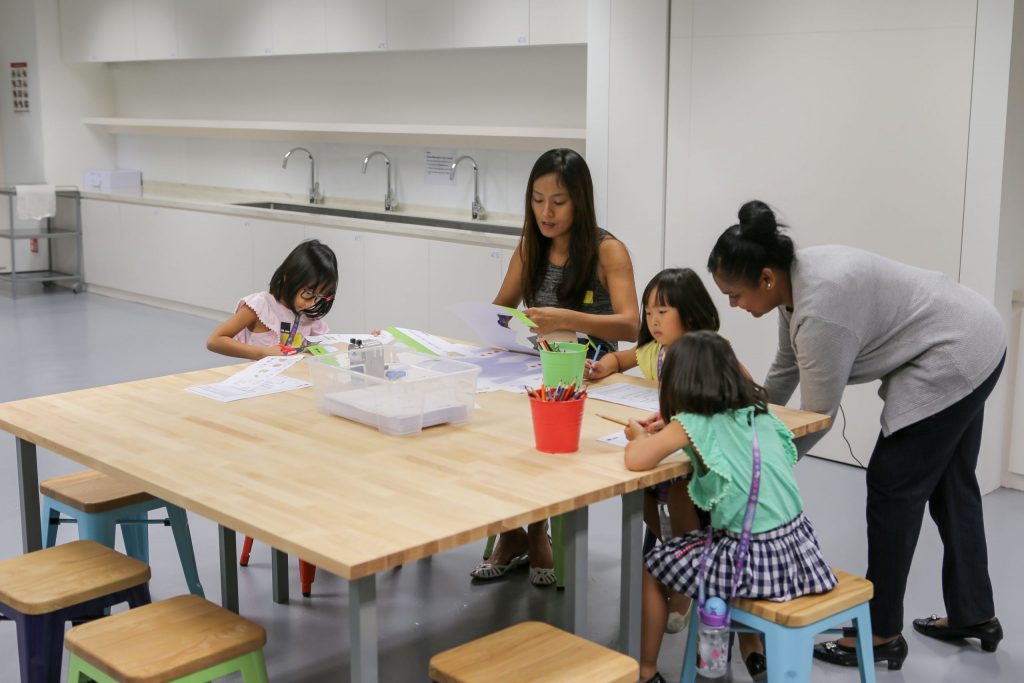Identifying Positive Adaptive Pathways in Low-Income Families in Singapore: Protocol for Sequential, Longitudinal Mixed-Methods Design
October 17, 2021

The International Day for the Eradication of Poverty will be observed on 17 October 2021. The United Nations views poverty as “encompassing a lack of income and the basic capabilities to live in dignity”.
While Singapore’s income inequality is a well-documented phenomenon, Associate Professor Esther Goh (NUS Social Work) and her research team note that a scant body of literature discusses how families manage, prevent, and attempt to escape poverty. Existing studies on income inequalities are focused on the factors that lock families into poverty, and the physical and mental health risks faced by low-income families.
Seeking to build on this research gap, A/P Goh and her team seek to understand how low-income families adapt to their uncertain education and behavioural developmental trajectories. They explain their research protocol involving mothers and children in ‘Identifying Positive Adaptive Pathways in Low-Income Families in Singapore: Protocol for Sequential, Longitudinal Mixed-Methods Design’ (JMIR Research Protocols, 2021).
From 2018 to 2020, a three phase study was conducted to understand how family members acted individually or on the behalf of other family members to manage financial challenges. In the first phase, the researchers interviewed 60 pairs of mothers and children to construct a measurement of ‘Family Agency’. The concept of Family Agency measures how family members individually or collectively manage the family’s financial challenges. This concept was later tested in the second phase where 800 pairs of mother and children were recruited and tracked over 1.5 years to identify their adaptation trajectories. This longitudinal study was validated in the third phase where ten focus groups were conducted.
Overall, this three-part study hopes to redirect attention to the possibilities of adaptation, away from the focus on risk of low-income families. It casts attention onto the adaptive strategies that low-income families use to improve their economic and social situations.
Possible outcomes from the study could include social policies that promote inclusive growth while redistributing income. This will strengthen the partnership between academics and policymakers to narrow inequalities and prevent intergenerational inequality from dismantling cohesion between social classes.
Read the article here.
